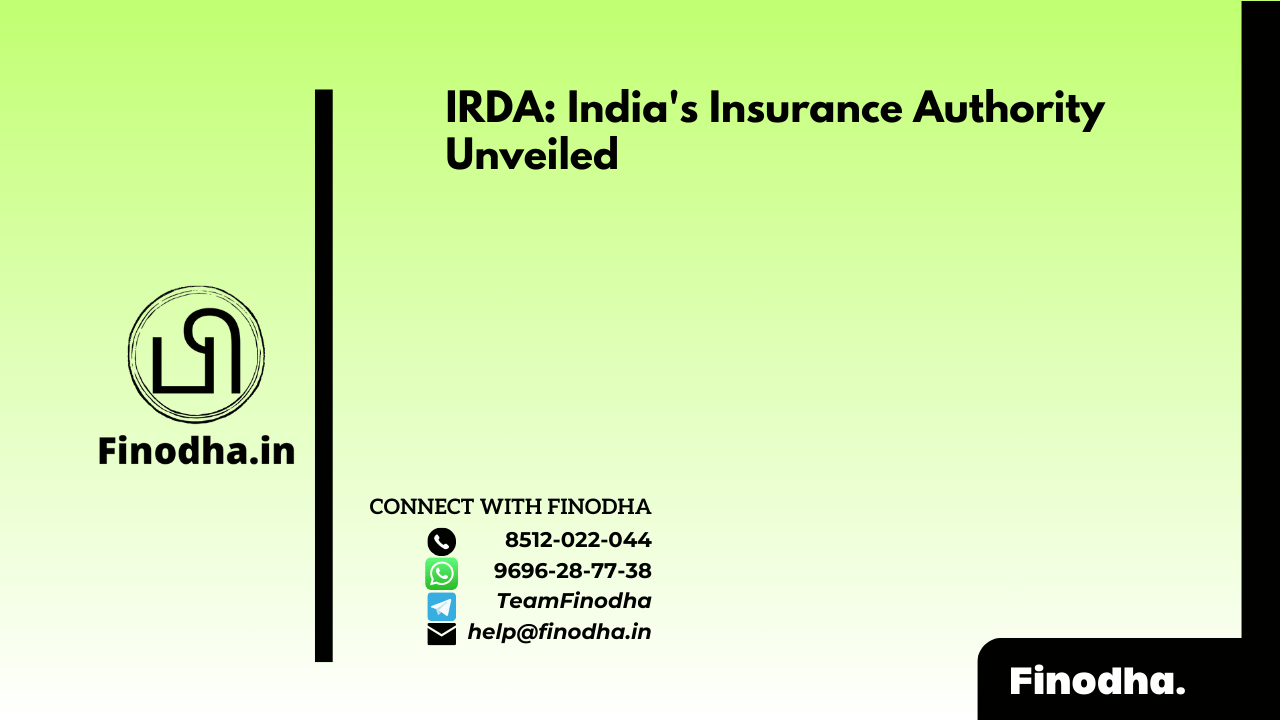Important Keywords: Compensatory Damages, Civil Cases, Legal Compensation, Punitive Damages, Health Insurance, Indian Audience, Real-World Examples, Legal Redress, Justice.
Table of Contents
Introduction:
In the realm of civil cases, the pursuit of justice often involves financial restitution, and at the core of this lies the concept of compensatory damages. This financial redress serves as a means of recompensing individuals who have suffered losses due to the negligence or misconduct of others. In this exploration, we unravel the intricacies of compensatory damages, drawing distinctions from punitive damages and shedding light on real-world examples. Let’s delve into the nuances of this crucial aspect of legal compensation.
Understanding Compensatory Damage:
At its essence, compensatory damage represents the monetary award granted to a claimant, aiming to offset losses, injuries, or damages incurred. In the arena of civil court cases, this form of compensation is pivotal, providing a tangible means of rectification for the harm caused by another party’s actions.
For a claimant to secure compensatory damages, two crucial elements must be established:
- Demonstration of Loss: The claimant must demonstrate that a tangible loss has occurred.
- Attribution to the Defendant: It must be proven that the loss is a direct result of the defendant’s negligence or unlawful conduct.
Unlike punitive damages, which are intended to act as a deterrent, compensatory damages are specifically tailored to compensate the victim for the quantifiable harm suffered.
Distinguishing Compensatory Damage from Punitive Damages:
Compensatory damage and punitive damages serve distinct purposes within the legal framework. While compensatory damages are designed to cover actual losses incurred by the claimant, punitive damages go beyond mere compensation. Punitive damages are punitive in nature, aiming to deter the defendant from repeating the harmful conduct.
In the context of health insurance, debates arise concerning the fairness of punitive damages, with proponents of tort reform contending that excessive penalties contribute to elevated healthcare costs. Compensatory damages, in contrast, are viewed as a direct response to the quantifiable losses suffered by the claimant.
Real-World Examples of Compensatory Damages:
Compensatory damage can manifest in various forms, addressing both economic and non-economic losses. Consider the following scenarios tailored for an Indian audience:
- Medical and Hospital Bills: Reimbursement for medical expenses incurred due to an accident or injury.
- Lost Wages: Compensation for income lost during recovery.
- Property Replacement: Funding to repair or replace damaged property.
- Future Medical Expenses: Anticipated costs for ongoing medical treatments.
- Mental Anguish: Compensation for emotional distress caused by the incident.
General Compensatory Damages:
Beyond tangible losses, compensatory damages can extend to more abstract forms of harm:
- Disfigurement: Compensation for visible alterations affecting one’s appearance.
- Loss of Consortium: Addressing the deprivation of companionship due to the incident.
- Long-Term Pain and Suffering: Acknowledging enduring physical or emotional distress.
- Loss of Enjoyment of Life: Recognizing the diminished ability to relish life’s pleasures.
Conclusion: Striking a Balance in Legal Compensation:
In the intricate dance of civil justice, compensatory damages emerge as a crucial instrument for restoring equilibrium to the lives of those wronged. Navigating the complexities of legal compensation requires a nuanced understanding of the distinctions between compensatory and punitive damages. As individuals seek recompense for their losses, the delicate balance between tangible and intangible harm underscores the significance of compensatory damages in the pursuit of justice.
Read More: Navigating Credit Insurance: Safeguarding Your Finances or Unnecessary Burden?
Official Income Tax Return filing website: https://www.incometax.gov.in/iec/foportal/
Official GST common portal website: https://www.gst.gov.in/




